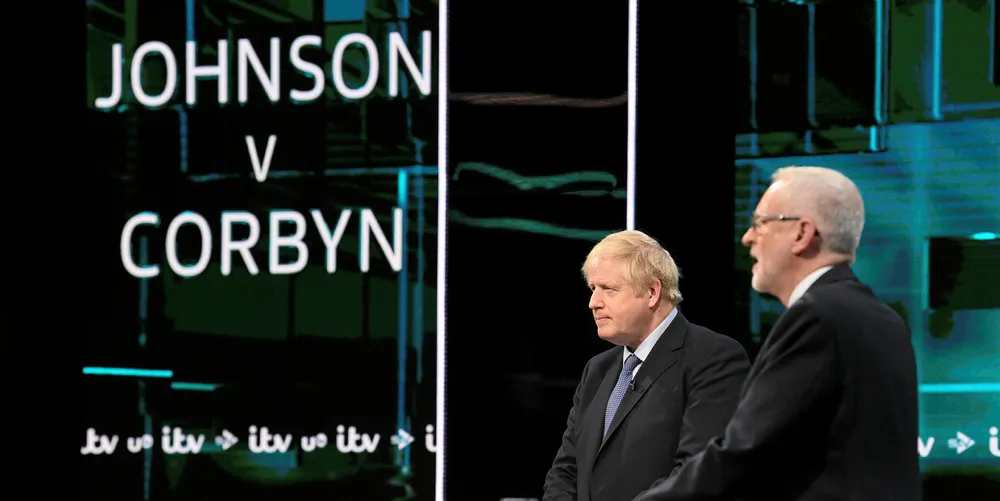Offshore wind counts on UK election win as utilities warn on state control
Both major parties pledge big increases in offshore ambition but developers claims nationalisation plans could slow progress

Both major parties pledge big increases in offshore ambition but developers claims nationalisation plans could slow progress
